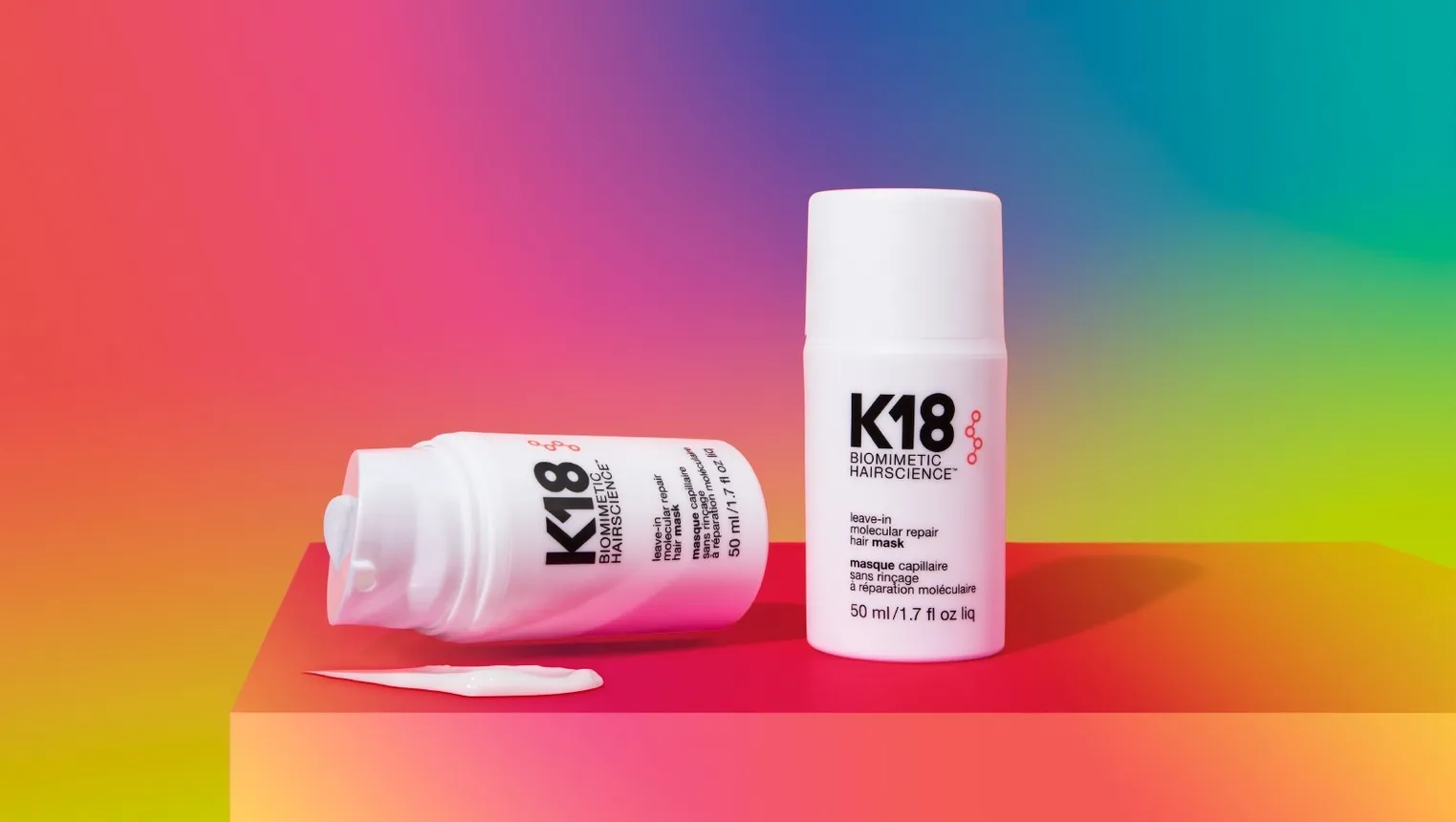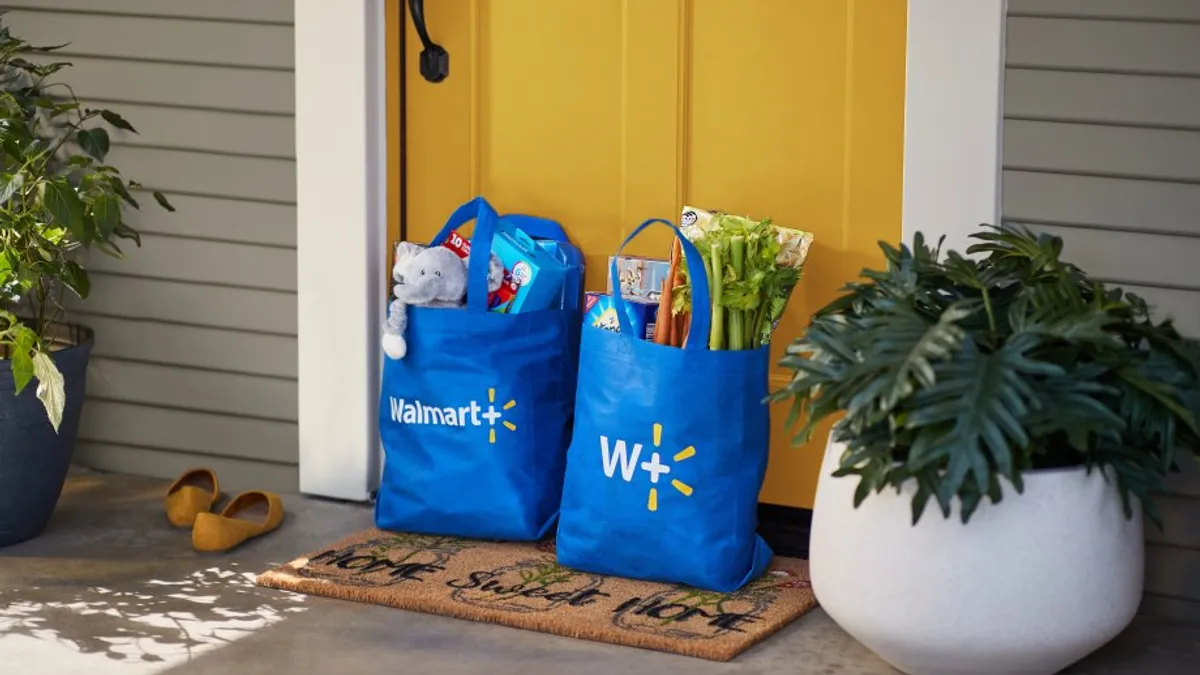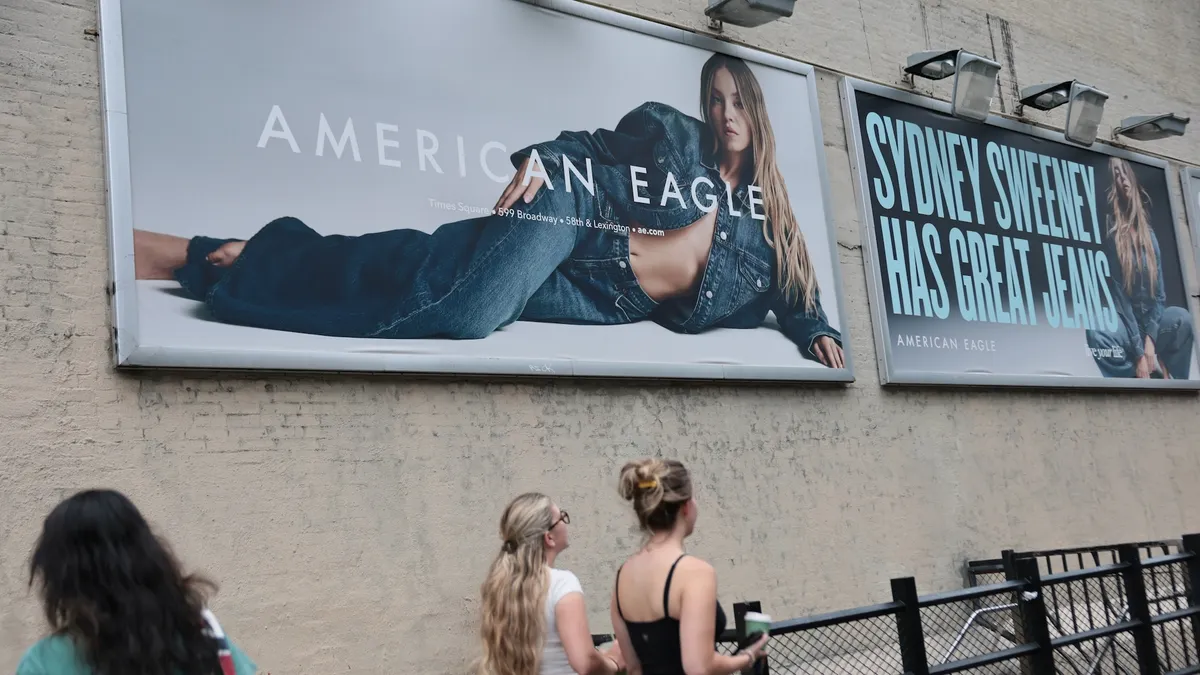It’s been another week with far more retail news than there is time in the day. Below, we break down some things you may have missed during the week and what we’re still thinking about.
From the Federal Trade Commission suing Amazon over “deceptive” practices related to its Prime subscription signups to hair care brand K18 potentially exploring a sale, here’s our closeout for the week.
What you may have missed
Walmart and other retailers take on ‘Prime Day’
Target may have succeeded in stealing some of Amazon’s thunder by announcing its own summertime sale the same day Prime Day was revealed, but the mass merchant is hardly alone. Throughout the week, other retailers let everyone know that they, too, are hosting big red-letter promotions in July.
Like Target, Walmart’s sale will last longer than Prime Day, which takes place July 11 and 12. The first-ever “Walmart+ Week” starts at noon ET on July 10 for members and opens to the public on July 11, with deals ending July 13 at 7 p.m. Walmart+ members will be privy to some exclusive limited-time offers, according to an emailed press release.
Best Buy is also jumping in with what it’s calling “Black Friday in July.” That runs July 10-12, and My Best Buy Plus and My Best Buy Total members get access to exclusive offers and deeper discounts on select products, per an emailed release. Electronics and tech retailer Newegg is holding its ninth annual FantasTech Sale — the longest running of the bunch so far — July 10 to July 14, with some presale deals starting July 5. Newegg said it doesn’t require any membership to access its deals.
Will hair care brand K18 sell itself?
Hair care brand K18 may be the next DTC brand to sell itself.
The brand, which launched in 2020, is exploring sale options according to a Women’s Wear Daily report citing unnamed sources.
The brand, which is expected to surpass $100 million in net sales this year, is working with Financo Raymond James to oversee a sale, according to the WWD report.

However, K18’s co-founder and CEO Suveen Sahib told the publication that the brand had “strategic interest” during the first few months of its launch, but “there is no M&A conversation at this time.”
The brand’s Leave-in Molecular Repair hair mask is among its most popular products, reaching millions of views on TikTok. A year after its launch, the brand expanded beyond its DTC channels into wholesale through a partnership with Sephora.
The Container Store to feature Dormify for college shopping
Ahead of back-to-school season, The Container Store is expanding its partnership with Dormify, an online shop for dorm décor, the company announced in a press release this week. Geared toward college students, 40 Container Store locations will feature a Dormify display. The Austin, Houston, Nashville, New York City and Costa Mesa, California, locations will exclusively offer a Dormify shop-in-shop experience with curated items through Sept. 4.
“We’re thrilled that students and families have the opportunity to shop for our products in person at The Container Store in markets that are home to so many colleges and universities,” Dormify co-founder and president Amanda Zuckerman said in a statement. “With Pinterest pins for ‘dorm room ideas’ topping 14 million, it’s clear that college-bound Gen Zers are looking for inspiration and functional designs that let them express their individuality. We’re excited about our collaboration with The Container Store and to offer these students a curated selection of our best-sellers through our first-ever shop-in-shop experience.”
More than 90 items from Dormify are available on The Container Store’s website. Products in the partnership include mix-and-match Twin XL bedding, headboards with charging capabilities, pillows, throw blankets and wall art.
Home Depot making a battery-powered push
The Home Depot wants 85% of the outdoor power equipment it sells – like push lawnmowers, leaf blowers and trimmers – to run on rechargeable battery technology instead of gas within the next five years.
If that goal is reached, the company says it would reduce 2 million metric tons of greenhouse gas emissions generated by residential lawn equipment. Home Depot said its greatest environmental impact comes from the products it sells. According to industry data cited by the retailer, using a gas-powered lawnmower for an hour creates as much air pollution as driving 300 miles in an average car.
"By working with our suppliers to bring innovative and sustainable products to every aisle of our store, we can help our customers create more sustainable homes and workplaces,” Ron Jarvis, Home Depot’s chief sustainability officer, said in a statement.
Retail Therapy
Furby is back to play — and haunt your nightmares
For an entire generation, it was a rite of passage to wake up in the middle of the night to the unexplained maniacal laughter of a Furby. The gremlin-like toys would speak without warning, utter strange gibberish and in other ways earn their reputation as ’90s-era nightmare fuel.
But for all the fears of demonic possession they generated, the Furby was no doubt iconic — and now toy conglomerate Hasbro is bringing it back for its 25th anniversary. Hasbro says the “curious little creature and kindred spirit” will return to stores July 15, in purple and coral colorways, according to a Thursday press release. They still speak “Furbish,” and the new toys have 600 different responses, including 10 songs, no doubt prepped to commence at midnight when their owners are fast asleep.

Owners can give the toy commands like “Tell My Fortune” or “Lightshow,” and Hasbro notes that the Furby will also respond to physical actions like hugs, pats and feeding. While Hasbro is pitching the toy as a kid’s best friend and fun confidante, the company is also fully aware of the toy’s strange reputation — and embraces it.
“With realistic ear wiggles, iconic expressive eyes, and even its own language called Furbish, Furby was more than just a toy... it was a personality meant to make you believe it was alive,” the company said in its release. “It sparked a collector craze which drove auction prices above retail prices and was even banned from the National Security Agency (NSA) premises in Maryland. Furby was cool, cute, and loveably weird — a combination that kids and the world needed.”
Panera releases soup-inspired swimwear
To kick off the summer, Panera has released a new line of swimwear inspired by its “You Pick 2” menu option, according to a Wednesday press release.

The “Swim Soups” collection features food-inspired designs related to its strawberry poppyseed salad, broccoli cheddar soup, chipotle chicken avocado melt sandwich, classic grilled cheese and creamy tomato soup. The collection starts at $32 and comes in a variety of styles from swim trunks to bikinis with the ability to mix and match.
What we’re still thinking about
$21.5 million
That’s how much Overstock paid at auction to acquire some of Bed Bath & Beyond’s intellectual property. The successful bid on Thursday gave Overstock ownership of Bed Bath & Beyond’s internet properties, social media, mobile platforms, business data, publicity rights and trademarks.
A separate auction for the bankrupt company’s BuyBuy Baby assets is scheduled for Wednesday. At least two bidders have expressed interest in the banner, which sells apparel, bedding and furniture.
50
That’s the number of people who have been laid off this week at Under Armour’s corporate offices. The decision was made to reduce expenses “to better align with our next chapter of growth, which is part of our continuous improvement plan towards profitability,” the company said in a statement. Impacted workers will receive severance, healthcare benefits and career outplacement support.
What we’re watching
‘Dark patterns’ at Amazon under scrutiny
The Federal Trade Commission this week stole some of Amazon’s Prime Day thunder when it announced it has sued the e-commerce giant over what it says are difficulties in quitting Amazon’s Prime program. In court documents filed in the U.S. District Court for the Western District of Washington, the agency alleges that customers must contend with “dark patterns” – user interfaces that cause online users or e-commerce customers to make choices they don’t want, or prevent actions they do want.
“Amazon tricked and trapped people into recurring subscriptions without their consent, not only frustrating users but also costing them significant money,” FTC Chair Lina Khan said in a statement. An Amazon spokesperson by email said that “the FTC’s claims are false on the facts and the law. The truth is that customers love Prime, and by design we make it clear and simple for customers to both sign up for or cancel their Prime membership.”
The FTC's case, including the allegations around dark patterns, follows on the heels of a case filed in November by law firm Hagens Berman. The firm, which is pursuing eight anti-consumer cases against Amazon in the U.S. and one in the U.K., said the FTC is relying on many of its early findings.
"We are proud that our antitrust and consumer-rights legal teams were the first to file a complaint regarding Amazon's brazen use of trickery and Dark Patterns to induce its own customers," Steve Berman, Hagens Berman managing partner and co-founder, said in a statement.























